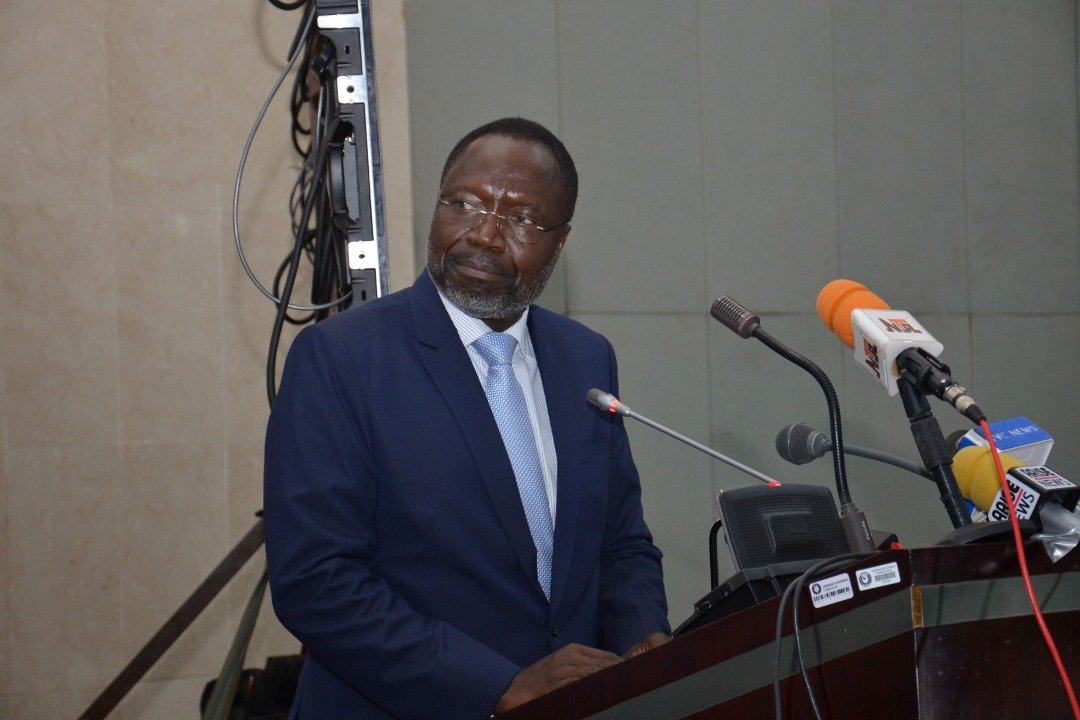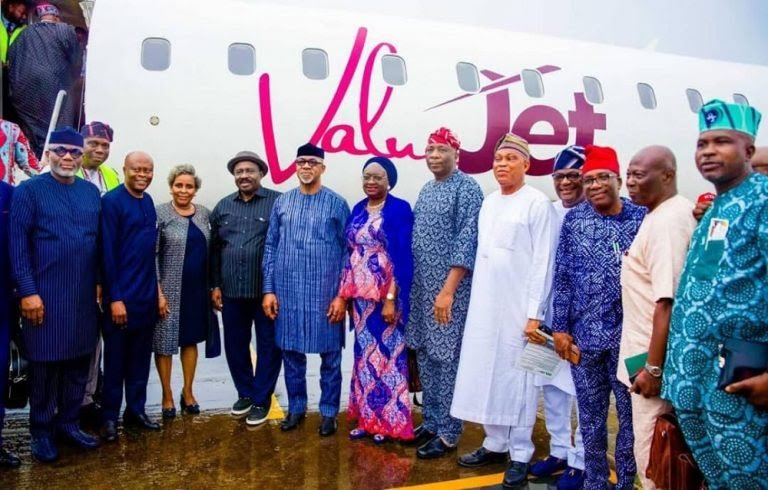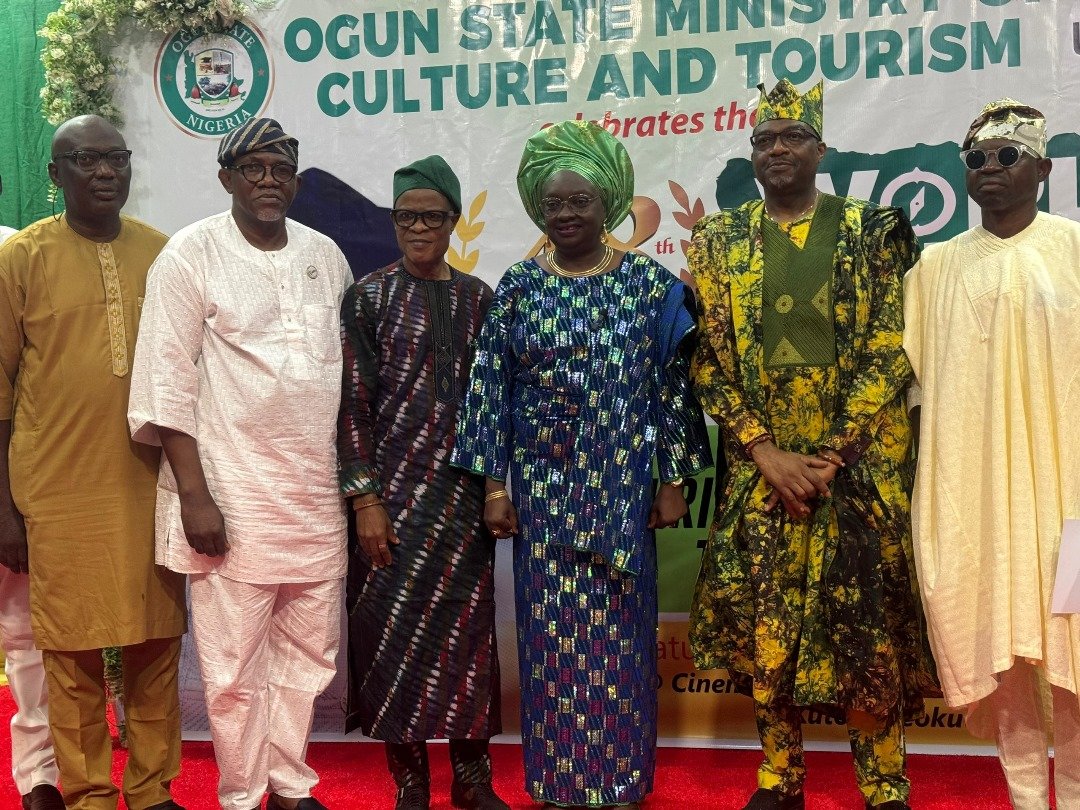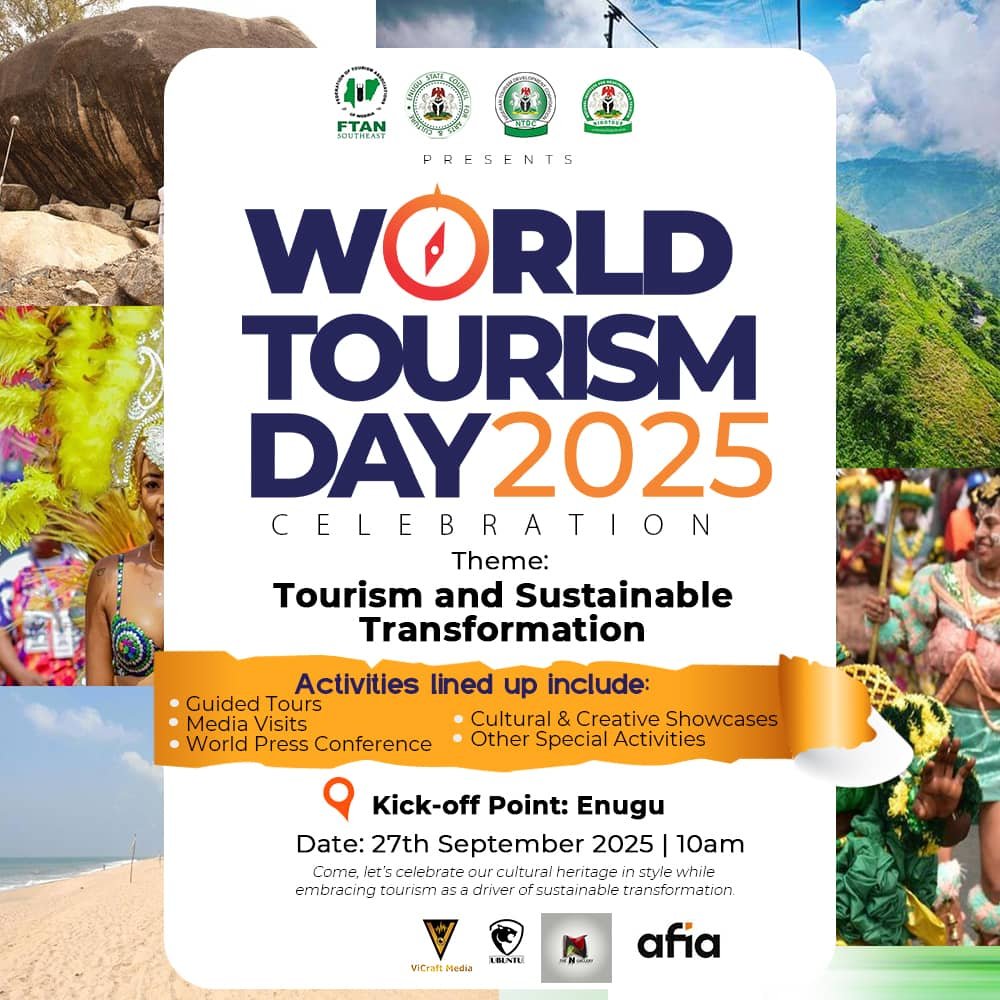
The Economic Community of West African States (ECOWAS) Commission, in collaboration with leading tour operators from across the sub-region, has called for urgent and coordinated action to improve the implementation of the ECOWAS Protocol on Free Movement of Persons, Goods, and Services. The appeal was made during a strategic stakeholders’ meeting held in Abuja to discuss barriers affecting intra-regional tourism and economic integration.
At the centre of the deliberations was the recurring challenge of border inefficiencies, visa-related restrictions, and harassment of travellers across member states, which stakeholders say continues to hinder the vision of a borderless West Africa.
Representatives from the ECOWAS Commission, national tourism boards, travel associations, and private-sector tour operators emphasized the need to transform the free movement protocol from paper policy into tangible practice, ensuring seamless travel for citizens within the region.
Policy Gaps and Border Frustrations
Speaking at the event, Mr. Massandjé Toure-Litse, ECOWAS Commissioner for Economic Affairs and Agriculture, lamented the continued disconnect between the ideals of regional integration and on-ground realities at borders.
“The ECOWAS Protocol on Free Movement was designed to promote unity, encourage tourism, and strengthen trade. However, decades after its adoption, we still face bottlenecks—multiple checkpoints, extortion, language barriers, and harassment that dampen the spirit of integration,” she said.
Tour operators echoed similar sentiments. Mr. Kwabena Essien, a Ghanaian tour manager with over two decades of experience in West African tourism circuits, described recent trips between Ghana, Togo, and Benin as “logistical nightmares” due to arbitrary border checks and delays.
“It discourages people from exploring our rich cultures and shared history. Tourists come in from Europe or Asia expecting smooth cross-border movement, but what they get is frustration,” Essien added.
Calls for a Regional Tourism Visa
Participants at the forum proposed the introduction of a regional tourism visa—similar to the Schengen model in Europe—that would allow tourists and business travellers to move freely across multiple ECOWAS countries on a single permit.
Mrs. Nana Koffi, President of the West Africa Tourism Alliance, stressed that such a visa system would not only simplify travel for foreign tourists but also stimulate local tourism across the region.
“A regional visa will encourage longer stays, higher tourist expenditure, and greater cross-border cooperation among businesses. We must act now, or we risk falling behind other African blocs already advancing on this front,” she warned.
Digital Solutions and Border Infrastructure
The ECOWAS Commission highlighted its ongoing efforts to digitize border systems and implement biometric ID cards for citizens of member states. These technologies, officials said, would help reduce reliance on physical documentation and speed up identity verification processes at checkpoints.
Mr. Amadou Diallo, head of the Free Movement Directorate at ECOWAS, noted, “We are rolling out the ECOWAS National Biometric Identity Card to make travel easier and more secure. However, political will and cross-border coordination are essential for it to have real impact.”
The forum also called for the modernization of border posts, improved training of immigration officers, and the enforcement of penalties against officers who engage in extortion or violate citizens’ travel rights.
Private Sector as Catalyst
Stakeholders agreed that while governments have a key role to play, private-sector actors in tourism and hospitality must continue to advocate for reforms, share data on travel patterns, and collaborate on regional packages that promote multi-country tours.
The Nigeria Tourism Development Authority (NTDA) pledged its support for a regional roadmap and stressed the importance of inter-country dialogues to align immigration and tourism policies.
Next Steps
At the close of the forum, participants adopted a joint communiqué urging ECOWAS member states to reaffirm their commitment to the free movement agenda. The document outlines immediate actions, including policy harmonization, sensitization campaigns, and a follow-up summit in Accra later this year.
With mounting calls for practical implementation and regional cooperation, the hope is that the vision of a truly borderless West Africa will finally move beyond rhetoric and become a lived reality for its over 400 million citizens and visitors alike.







